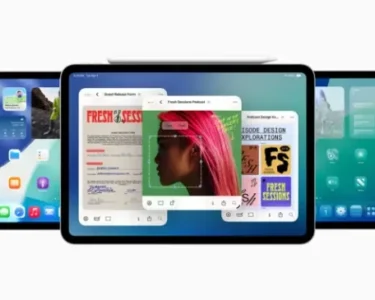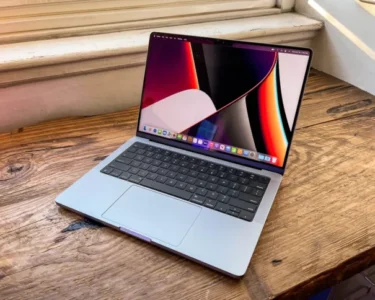Apple iPhone Price Hike: Microsoft Surpasses Apple in Market Value Amid Tariff Concerns
The tech world has been shaken as Apple is no longer the world’s most valuable company. According to a recent CNBC report, Microsoft has overtaken Apple, ending a long-standing dominance the iPhone maker held over the global market. As of the latest market close, Microsoft’s market capitalization reached a staggering $2.64 trillion, slightly surpassing Apple’s $2.59 trillion.
This development comes after a sharp four-day decline in Apple’s stock price, largely fueled by economic uncertainties and the latest tariff announcements from the U.S. government. President Donald Trump introduced a new set of tariffs on imported goods from over 100 countries, significantly affecting multinational corporations like Apple that rely heavily on international manufacturing—particularly in China.
Apple iPhone Price Hike: New Tariffs Threaten to Raise Prices by $350
With Apple’s production network deeply rooted in China, the implications of these new tariffs are potentially dramatic. Analysts from UBS have warned that the price of the upcoming iPhone 16 Pro Max could rise by as much as $350 in the U.S. if these tariffs are fully transferred to consumers. That means the price could exceed $1,400, placing the new iPhone well out of reach for many Americans.
This Apple iPhone price hike is already influencing consumer behavior. Apple Stores across the U.S. are witnessing a noticeable surge in customers eager to upgrade their devices before these new costs take effect. This rush indicates that buyers are concerned about how much more expensive future Apple products might become.
Apple iPhone Price Hike: Shift to India Could Be the Solution
In an attempt to soften the blow, Apple is reportedly planning to shift a significant portion of its iPhone manufacturing from China to India, according to a report by the Wall Street Journal. This move is seen as a strategic attempt to mitigate the financial impact of U.S. tariffs on Chinese imports.
However, sources cited in the WSJ report are calling this adjustment a “short-term stopgap.” A person familiar with Apple’s supply chain strategy noted, “The company sees the current situation as too uncertain to upend long-term investments in its supply chain, which is centered around China.”
While Trump continues to advocate for a manufacturing revival in the U.S., most analysts agree that building iPhones in America is not a cost-effective solution. Wedbush Securities, a prominent research firm, stated, “If consumers want a $3,500 iPhone, we should make them in New Jersey or Texas.” The comment highlights just how unrealistic domestic production is compared to overseas manufacturing—even with tariffs in play.
Apple iPhone Price Hike: Stock Market Reflects Consumer and Investor Fears
The Apple iPhone price hike fears aren’t just hitting consumers—they’re also rattling investors. Over the past four trading days, the Nasdaq has dropped by 13%, reflecting growing anxieties about inflation, potential recession, and disrupted global trade flows. Apple’s stock, heavily weighted in the tech index, has taken a significant hit during this period.
Microsoft, by contrast, has managed to weather the economic turbulence better than most of its peers. Its diverse product ecosystem, combined with strong cloud and enterprise services, has helped it inch ahead of Apple at a time when uncertainty looms large.
Conclusion: Apple iPhone Price Hike Could Reshape the Tech Landscape
As Apple grapples with shifting supply chains, rising costs, and mounting economic pressure, the Apple iPhone price hike may mark a turning point for the brand and its loyal customer base. Whether Apple successfully navigates this challenge through Indian manufacturing or alternative strategies remains to be seen.
One thing is clear: consumers looking to upgrade their iPhones may want to act sooner rather than later. With potential price hikes looming and production shifts underway, the future of Apple’s pricing and product accessibility could be drastically different.







